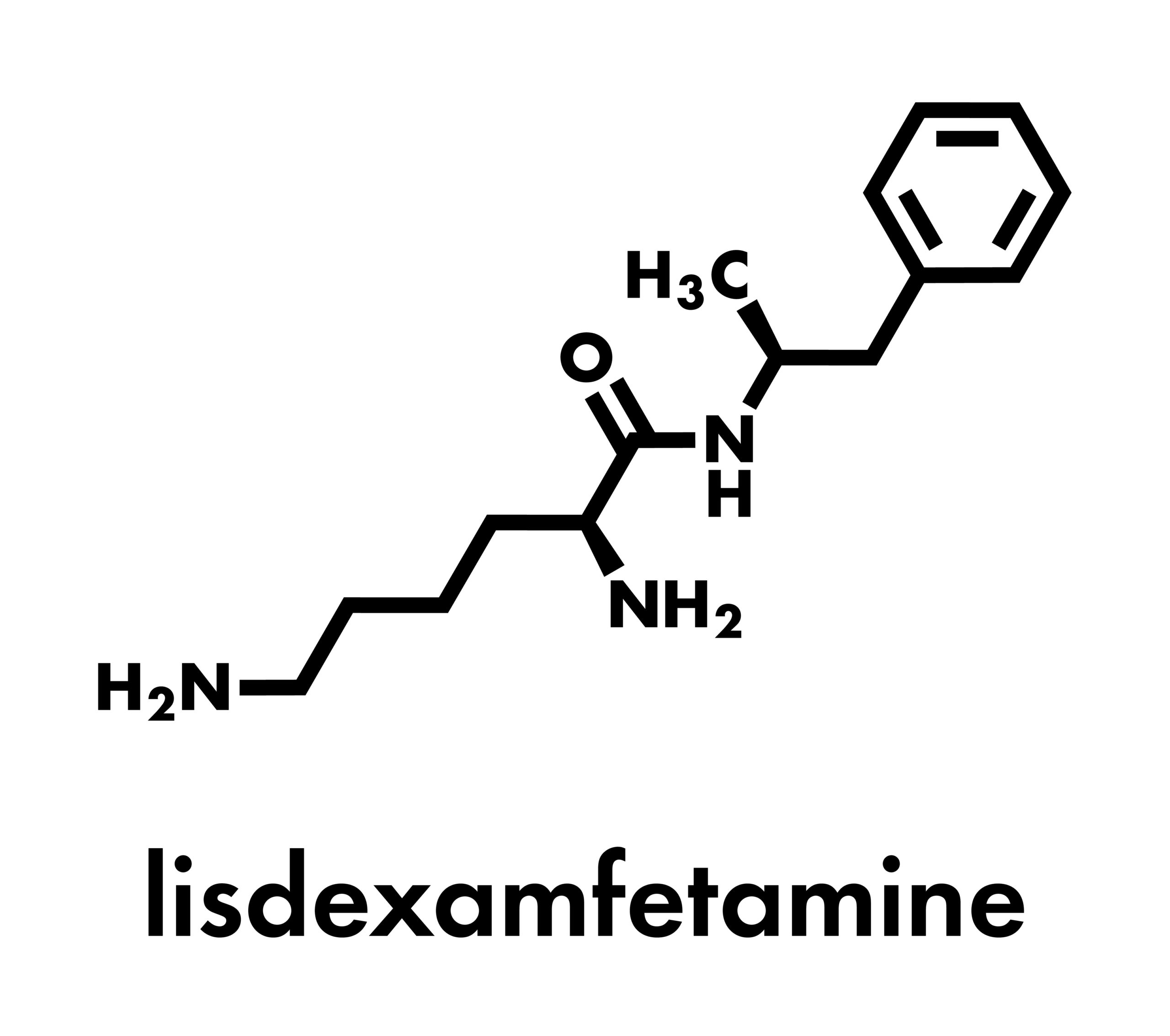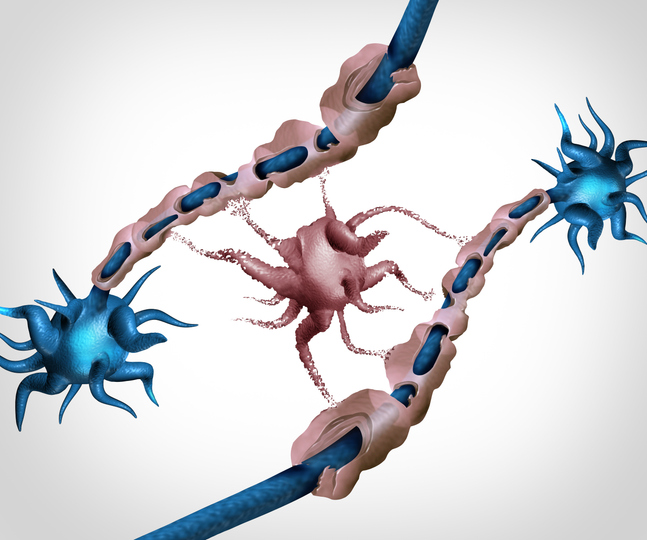
Researchers led by Ann C. Childress, from the Center for Psychiatry and Behavioral Medicine in Las Vegas, Nevada, USA, examined the long-term safety and tolerability of lisdexamfetamine dimesylate (LDX) in children with attention-deficit/hyperactivity disorder (ADHD) aged 4-5 years.
Based on their long-term data, the investigators concluded that “dose-optimized LDX (5-30 mg) was well tolerated and associated with reductions from baseline in ADHD symptoms.”
LDX Study Design
This phase III study enrolled a total of 113 children who met the Diagnostic and Statistical Manual of Mental Disorders, Fourth Edition, Text Revision (DSM-IV-TR) criteria for a primary diagnosis of ADHD. Patients also met the criteria of baseline Clinical Global Impressions-Severity scores ≥4 and ADHD Rating Scale-IV Preschool version (ADHD-RS-IV-PS-TS) ≥24 for girls or ≥28 for boys. The patients received once-daily optimized doses of LDX, between 5 and 30 mg over a 52 week intervention period. Treatment-emergent adverse events (TEAEs) and vital sign changes informed safety conclusions, while efficacy conclusions were based on ADHD-RS-IV-PS-TS changes from baseline.
LDX Treatment Results
During treatment, optimized doses of LDX 5, 10, 15, 20, and 30 mg were administered to 1, 12, 21, 26, and 53 patients, respectively. Sixty-nine of the patients completed the safety assessment, 76.1% of which reported TEAEs—though none were of serious grade. The only TEAE that was observed in more than 10% of the study’s participants was decreased appetite (15.9%). Furthermore, the mean (± standard deviation) changes in vital signs and body weight from baseline to either week 52 or early termination were “1.9 ± 7.73 mmHg for systolic blood pressure, 3.1 ± 7.58 mmHg for diastolic blood pressure, 4.7 ± 11.00 bpm for pulse, and 0.6 ± 1.38 kg for body weight.” Clinically, the mean change in ADHD-RS-IV-PS-TS was –24.2 ± 13.34 (n = 87) from baseline to week 52/early termination.”
Conclusion
The authors noted that “no new safety signals were identified, and the efficacy profile was consistent with robust improvements in ADHD symptoms observed in previous studies of children, adolescents, and adults with ADHD.” They judged that lisdexamfetamine dimesylate, at optimized doses, was a safe and well tolerated treatment in children with ADHD aged 4 to 5 years old.
Find more recent research in the DocwireNews ADHD Condition Center.







 © 2025 Mashup Media, LLC, a Formedics Property. All Rights Reserved.
© 2025 Mashup Media, LLC, a Formedics Property. All Rights Reserved.